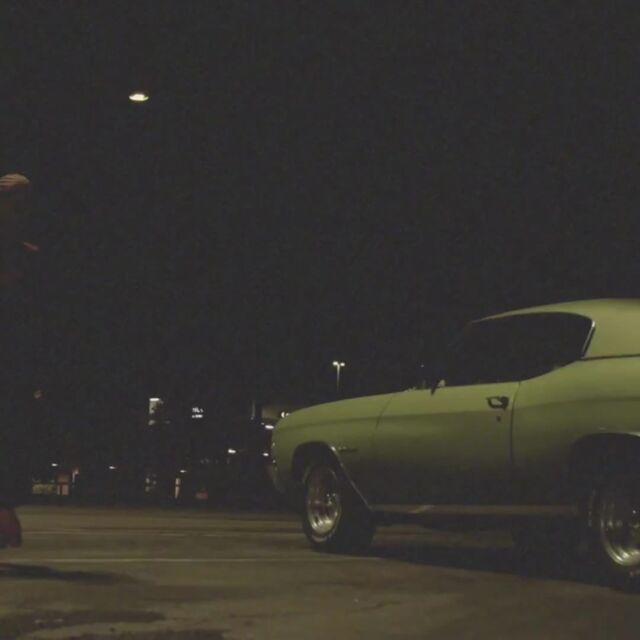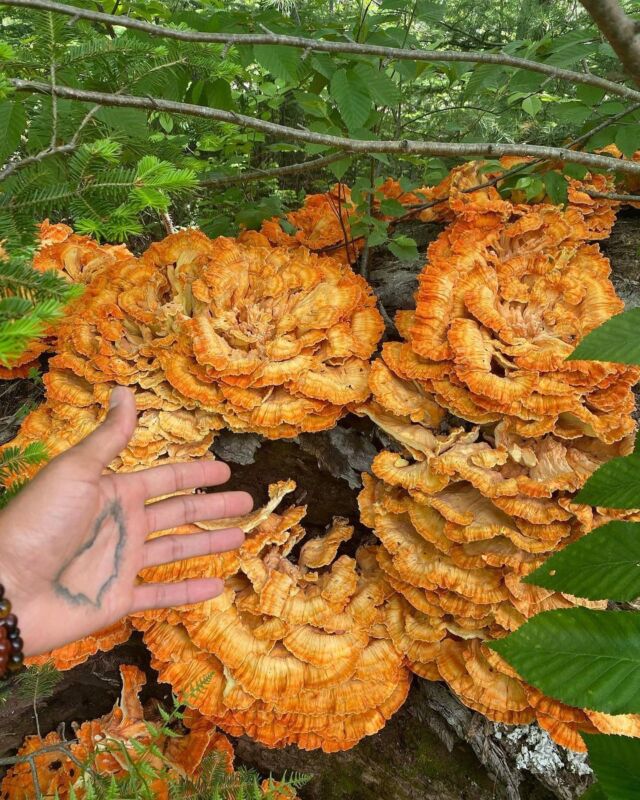On May 25, 2020, Black birder Christian Cooper was in Central Park bird watching when a White woman called the police on him. Christian’s incident along with the recent murders of George Floyd, Breonna Taylor, and Ahmaud Aubrey were a tipping point for Black Americans and from that point forward, the Black birding community rallied across the nation to create Black Birders week—a space of safety, belonging, and Black naturalist excellence. Black Birders Week extends beyond its nomenclature as it is an ever-expanding community of scientists, naturalists, and bird enthusiasts of color who come together to celebrate each other and planet Earth year-round.
If you’re looking to explore birding this summer, then this guide is for you. We’ve spoken with six amazing bird enthusiasts and advocates—several of whom were instrumental in founding Black Birders Week—and compiled their tips and tricks for enjoying the beauty and tranquility our avian friends have to offer us.
Dara Wilson
From Silver Spring, Maryland; In Tallahassee, Florida
Dara is an environmental justice advocate and educator whose love of science and animals was cultivated in parks, museums, and other non-academic spaces for self-discovery. She is grounded both in an inherent love of birds and also her experience of navigating an outdoor environment that’s not always welcoming to people of color.
- Go beyond color. Early on as a birder you’ll notice the color of the feathers first and foremost. So try to pay attention to other aspects that can help you identify the birds. Look for beak shape, behavior, flight patterns, and body size in addition to plumage color. For example, if I were to describe a tall, pink bird with lanky legs and a funny-shaped bill, wading in shallow fresh and coastal waters, do you think I’m describing a greater flamingo or a roseate spoonbill? It could be either based on that description, the devil is in the details! So pay attention to other aspects that can help you identify them and be sure to use multiple traits.
- Learn about local birding resources. A local nature center or birding group often has pamphlets or sponsored bird walks. See what is available nearby. Also, once you start getting the hang of birding, the eBird mobile app or website resource is another great birding tool for finding birds locally—or far away!
- Get a good guide. For me, it’s a toss up between Sibley and the Kauffman bird guides, though Sibley is available in an app for convenient phone use. It has range maps, diagnostic identification tricks, and songs/calls. That’s pretty hard to beat!
corina newsome
From Philadelphia, Pennsylvania; In Washington D.C.
Corina discovered her love of native birds in college when a mandatory ornithology class introduced her to the beauty of the Blue Jay. She’s a conservation scientist for the National Wildlife Federation and was one of the co-organizers of the Inaugural Black Birders Week.
- Develop a life list. Keep track of the birds that you’ve seen. A life list is a running collection of all the birds you’ve encountered, whether it’s in your yard or during travel. Keeping track is also an easy way to practice identifying the birds around you. It can be a bit intimidating because there are literally hundreds of different bird species that can live in any given city that all make a slew of different sounds. But the more you go outside it just clicks.
- You don’t have to be a scientist to be a birder. Being a birder just means you’re someone who appreciates birds. It doesn’t require two cameras, six different lenses, or an affinity for observing birds all around the world. Birders are just people who, when they encounter birds, feel a sense of appreciation for them.
- Birding is more than finding rare species. One of the detriments of birding in predominantly White and wealthy birding demographics is that people chase rarity. There’s an assumption that rare things are the most important things and the most inherently valuable. There are so many incredible adaptations, behaviors, physical feats, and body structures that even the little small songbirds have. Birding is more than chasing the exotic, the seemingly dull birds outside your house have an awe-inspiring set of traits, colors, and features that deserve your attention too.
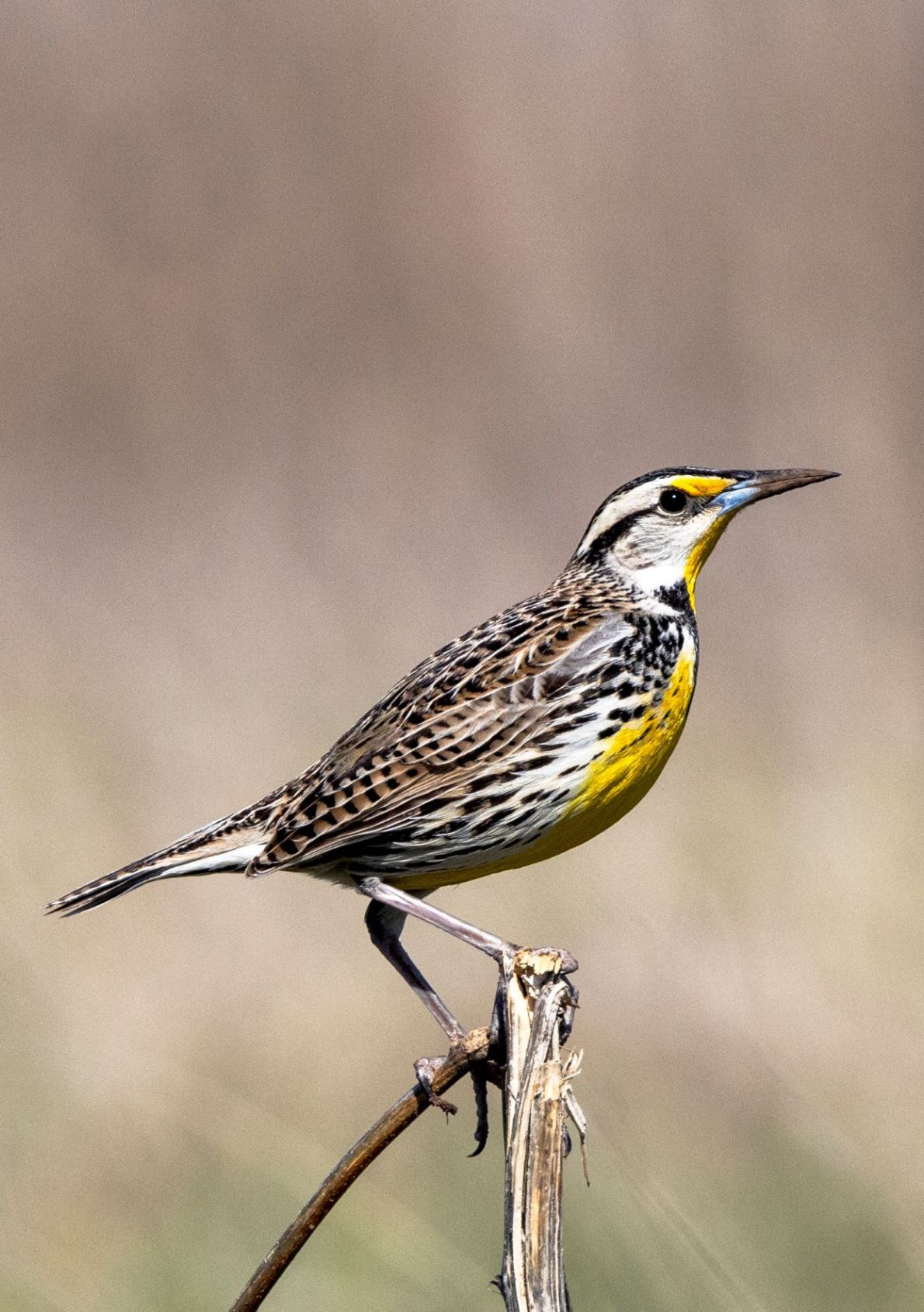
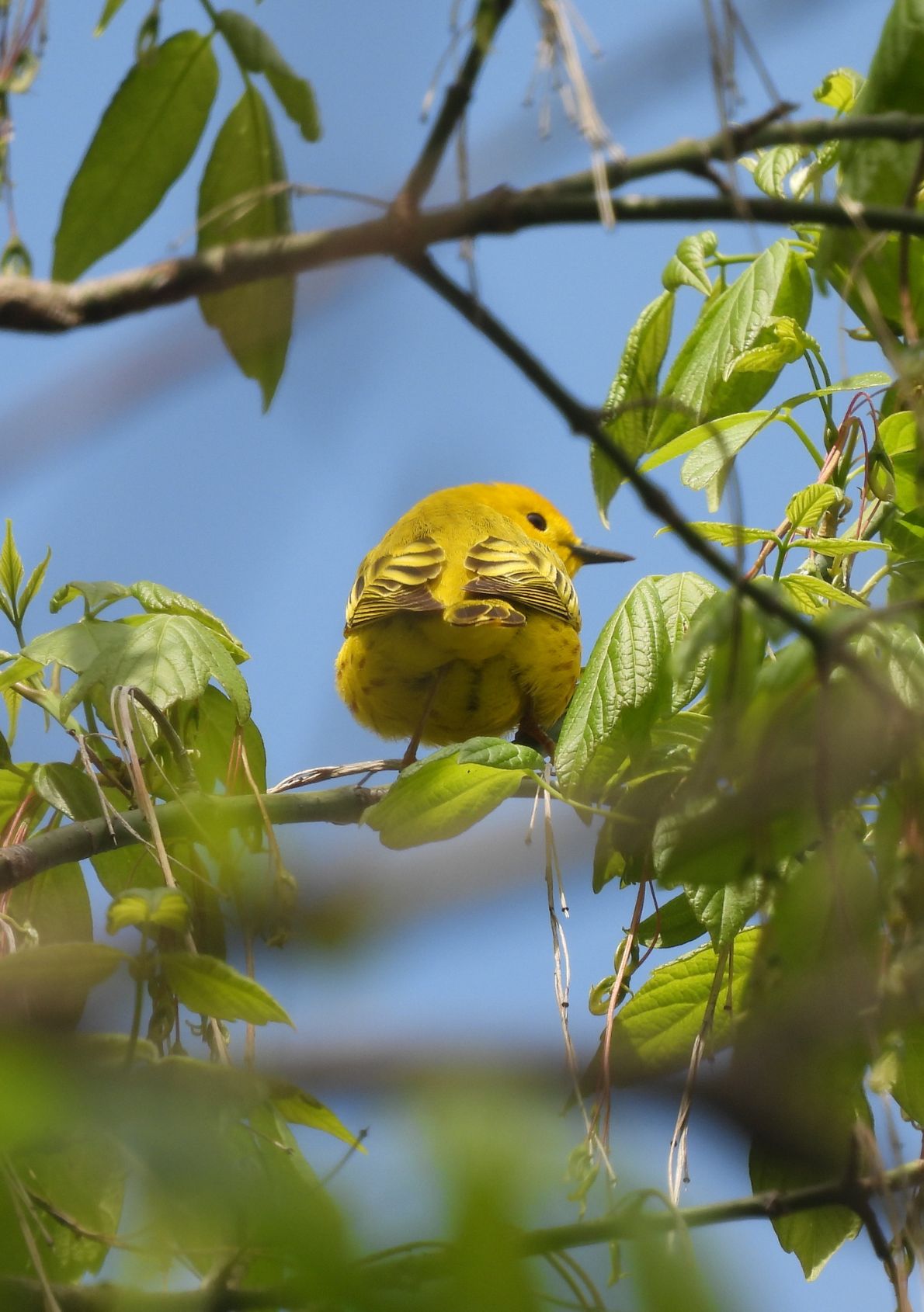
JOSEPH SAUNDERS
From San Antonio, Texas; In Oklahoma City, Oklahoma
Joseph started his nature journey as a herpetologist, a scientist focused on reptiles and amphibians. He joined the birding community after he helped create the first Black Birders Week. He shares his expertise as a nature photographer with experience navigating the outdoors while using a mobility device.
- Bird however you’re able. There’s no one way to be a birder. Birding by car is just as authentic. If trails aren’t accessible by wheelchair, using your car for mobility is absolutely valid. The naturalist community should encourage birding experiences that are adaptive to the use of mobility devices.
- Don’t discount non-traditional birding locations. Golf courses are surprisingly excellent places to find all kinds of rarities, especially if the lawns are located near less manicured spaces such as lakes or state parks. Those spaces are gold mines because a lot of migratory birds will come through. Graveyards are also fairly accessible locations for finding wildlife, especially for finding urban birds.
- For those interested in bird photography, practice constantly and don’t forget why you’re out there. Lately, I’ve been birding in nearby parks and leaving my camera at home and instead only taking my binoculars as a practice to force myself to become a better birder because I don’t have that photo to lean on and take home to compare it to my bird guide. It’s important to be present and stay true to your motivating principles of respect and appreciation of nature.
Nicole Jackson
From Cleveland, Ohio; In Columbus, Ohio
For Nicole, birding and nature were an essential part of her healing journey as a child. Now, she’s an environmental educator and the founder of N Her Nature LLC, a life coaching business focused on nature therapy for Black women. She’s passionate about inclusivity and allowing people to show up to birding as their fullest selves.
- It’s all about language. Even birds like pigeons, which some may call trash birds, are fascinating and important. Just because you may feel you’ve seen a bird too many times for it to be interesting, that shouldn’t take away from someone else experiencing it for the first time. Language is key and leading with encouragement, no matter your perception or previous experience, is important when working with those just getting into birding.
- Be honest about how you’re feeling. If you’re bringing someone birding for the first time, it’s good to have a conversation about what that person is comfortable with. Some people might not feel as comfortable in the outdoors or may not feel that sense of belonging in birding spaces immediately, so it’s important to approach that interaction as an invitation and allow that person to retain their sense of ownership and autonomy. Encourage people to set their boundaries and make sure you’re voicing your own boundaries too.
- Show up however you feel comfortable. There’s no one way to dress or no certain type of equipment you need to have. Not everyone will have the hiking boots and the special gear often associated with outdoor recreation. Ensuring that people feel comfortable participating as they are or as they’re able to is key.
Tenijah Hamilton
From New York City, New York; In Atlanta, Georgia
Before the pandemic, Tenijah considered herself nature adverse, often referring to herself as “allergic to the outdoors,” but she discovered an appreciation for birds in the summer of 2020 during the start of the pandemic and rising violence against Black people. Although she’s never formally participated in Black Birders Week, Tenijah now hosts the podcast Bring Birds Back, where she invites people to revel in the joy of birdlife and shares wisdom with emerging birders.
- Think about the journey, not the destination. I’m somebody who sometimes struggles with things if I’m not immediately good at it. And birding has been a really good way to retrain my brain to think about the journey and all the other things that you get from the process of learning. As a newbie in the birding journey, I’ve become so much more observant, and I’ve gained so many different things in my toolkit to talk about and to embrace.
- It doesn’t take that much. There are so many different ways to bird, so many different places to bird. You can bird from your window sill, from the middle of the Amazon rainforest; you can bird by ear or you can be good at peeping birds through your binoculars. It’s all about finding which way is right for you.
- Different strokes for different folks, pandemic edition. If you’re the type of person who can wake up early and walk around birdwatching on your own, that’s great. But if you prefer to bird with others, especially during the pandemic, there are ways to do so that make you feel safe. Whether it’s birding alone, going with a tight-knit group of people, phoning or Facetiming your friends as you go, it’s up to you.
Joelle Jenkins
From Denver, Colorado; In Columbus, Ohio
Joelle grew up in Colorado where she was often told her interest in ecology and animals was atypical for a Black woman. Now she’s a socio-environmental scientist at The Ohio State University who has created her own guide for those just getting started as birders.
- Check out her birding guide! For Black Birders Week 2021, Joelle developed a simple birding guide of resources and birder-to-birder etiquette.
- You’re valid. If someone chooses to disrespect you or to dehumanize you in these natural spaces, it’s your choice of how to respond. And that response, no matter what it is, is valid.
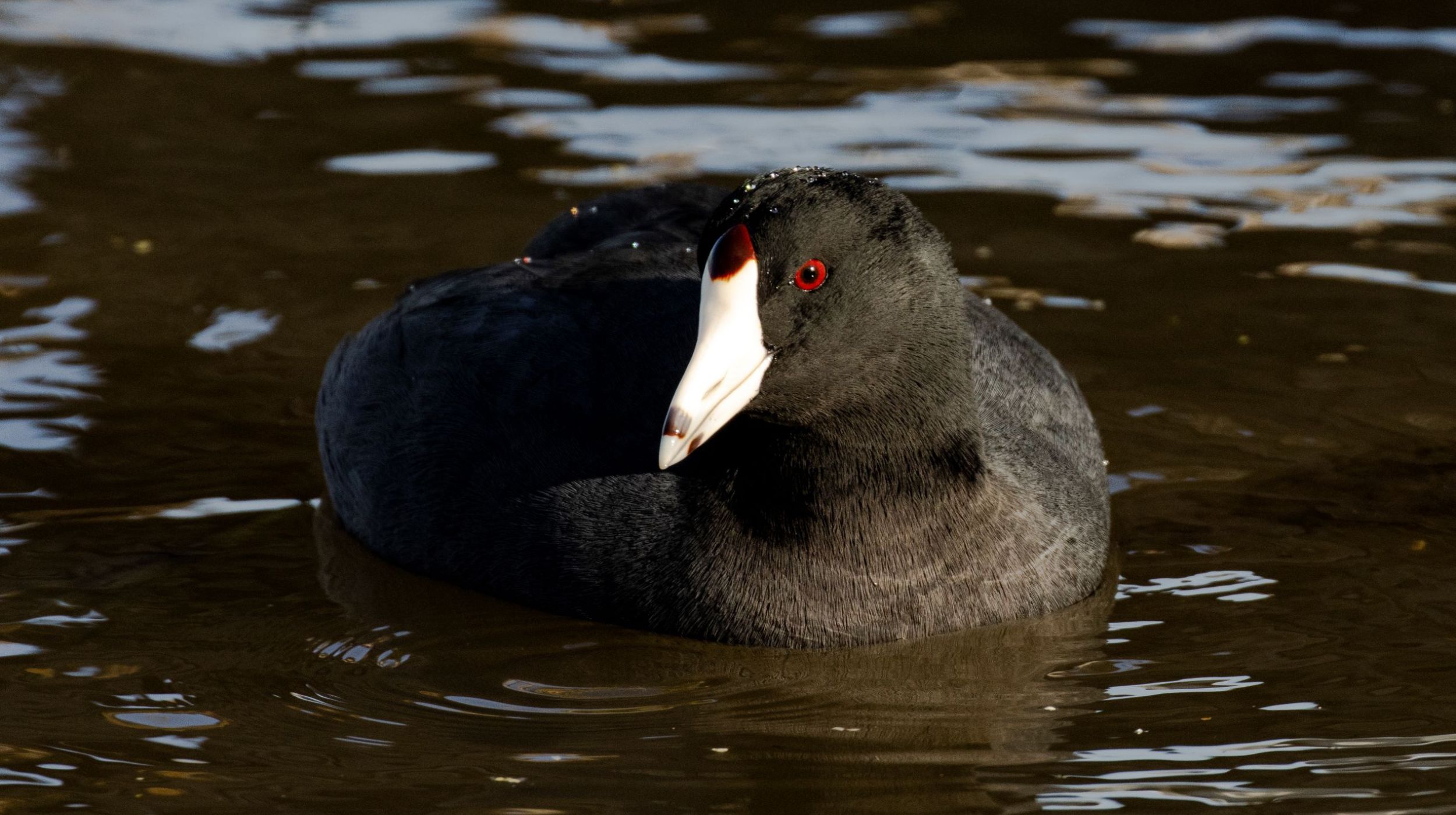
Birders of a Feather, Flock Together: Common Advice
The following are a few pieces of advice that our Black birders had in common. If you’re feeling a bit overwhelmed by these tips, consider this your short list of key takeaways as you begin your birding journey.
- Start where you live and immerse yourself in nature. Become familiar with the patterns and abundance of birdlife around you..
- Find community. It’s no secret that birding is a hobby that has not historically been welcoming to Black and Brown bodies, so find safe spaces and groups that can help you find your way.
- You belong here. We are nature. Our ancestry is grounded in natural spaces and know that the outdoors was made for you.
- Be curious but cautious. While birding for the first time can be scary, try not to let your fear hold you back from enjoying the outdoors. Bird watching is an extremely soothing and relaxing activity that is good for mental health and stress. But beware and take precautions for any potential encounters, with wildlife or with other humans.
- Birding should be an act of reciprocity. Don’t leave a trace and don’t disturb the ecosystem. To be respected in nature also requires you to return that respect to nature.
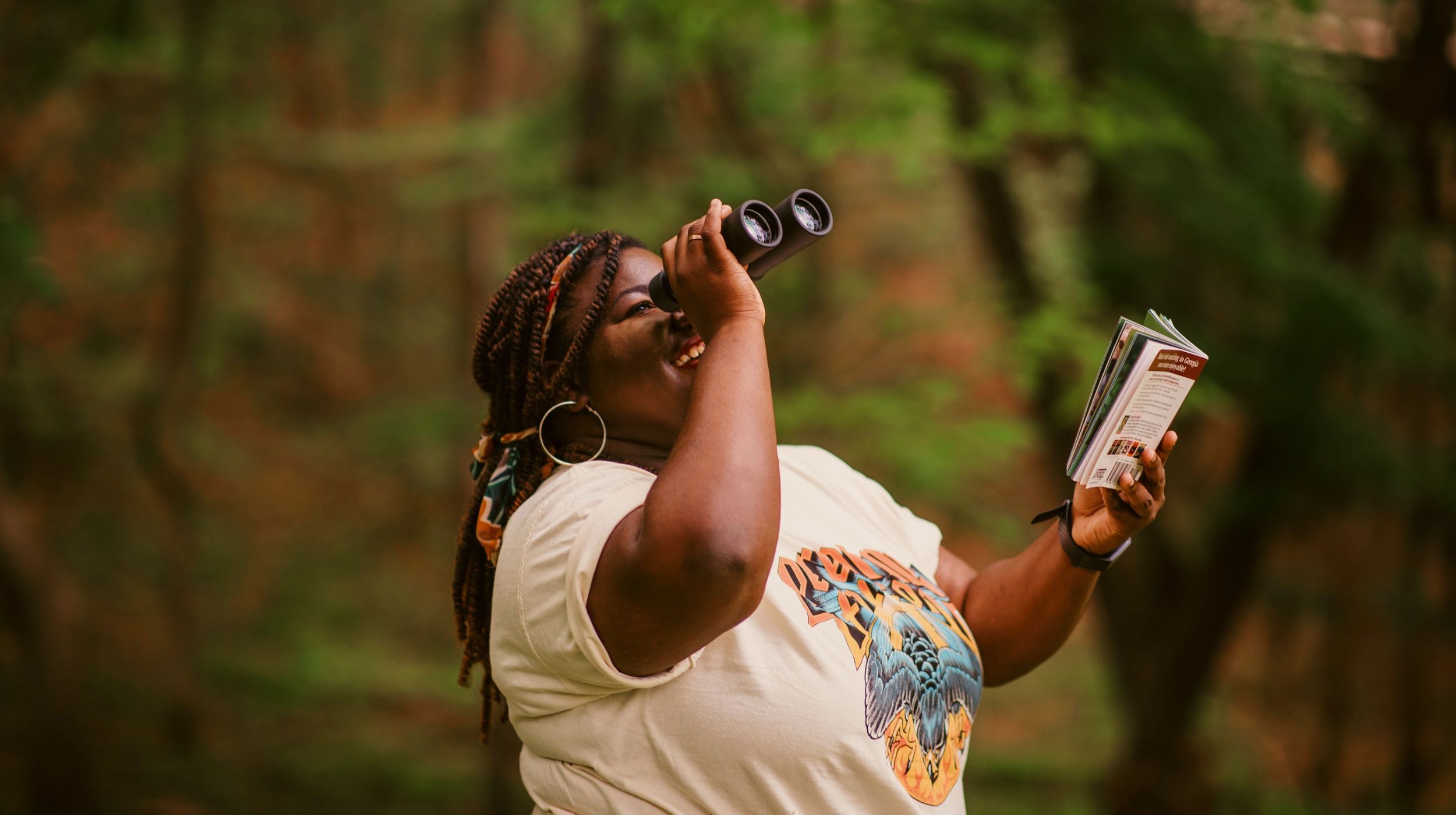
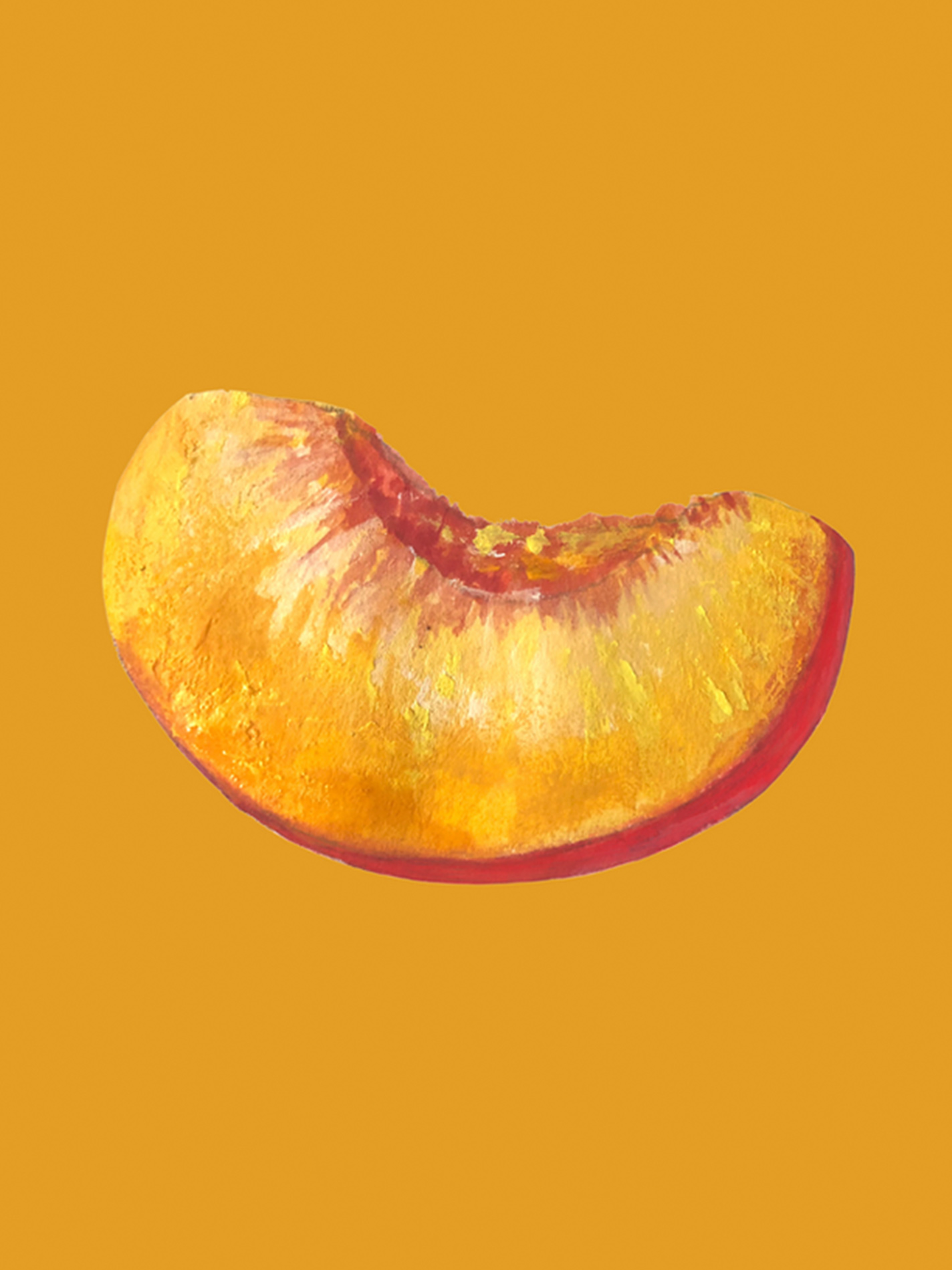
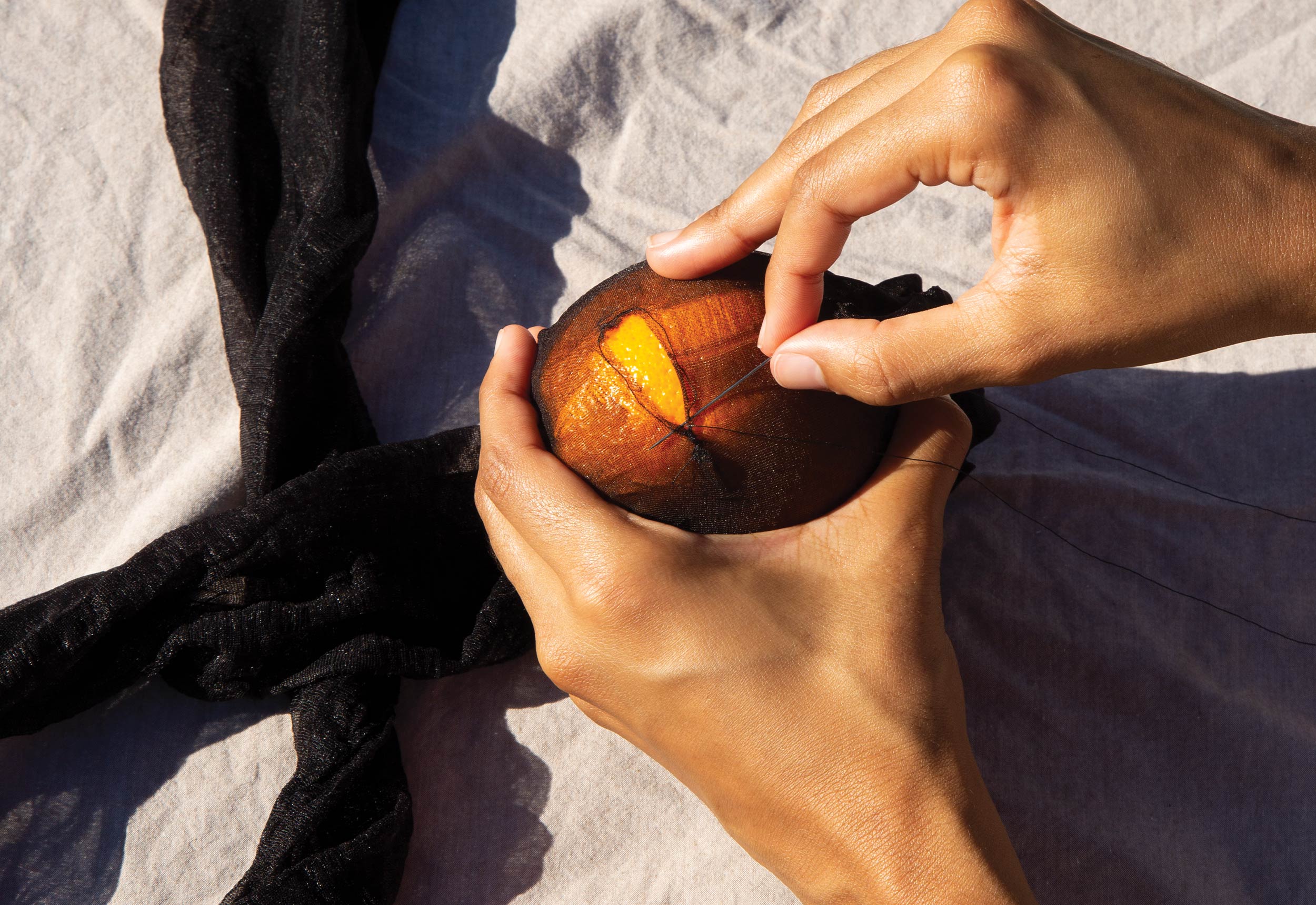

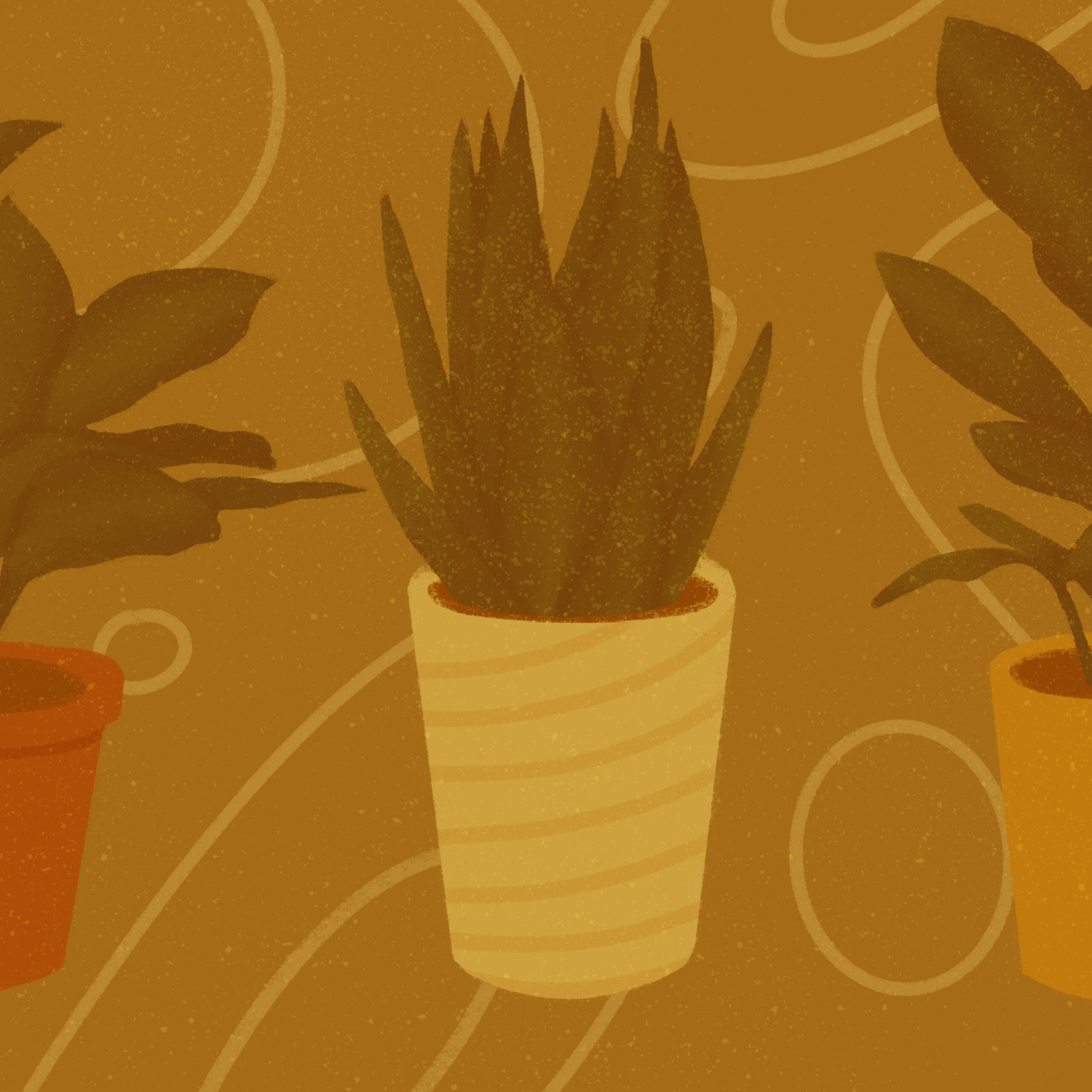

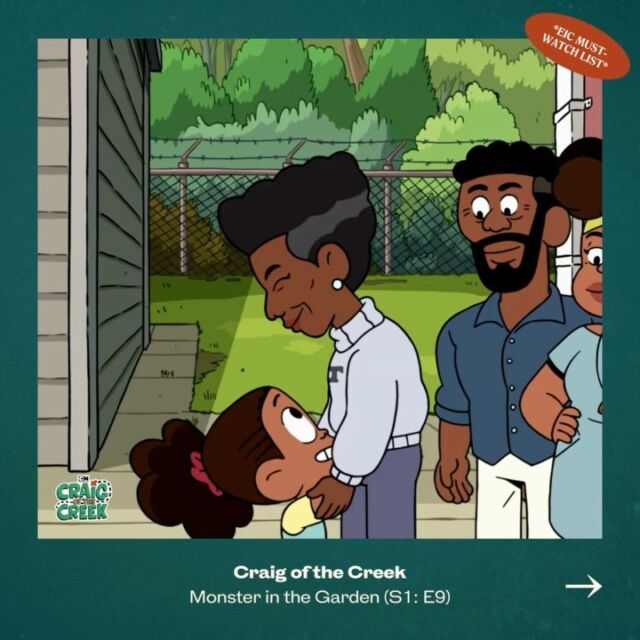
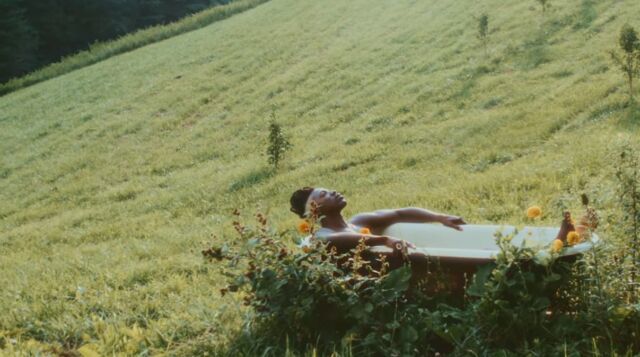

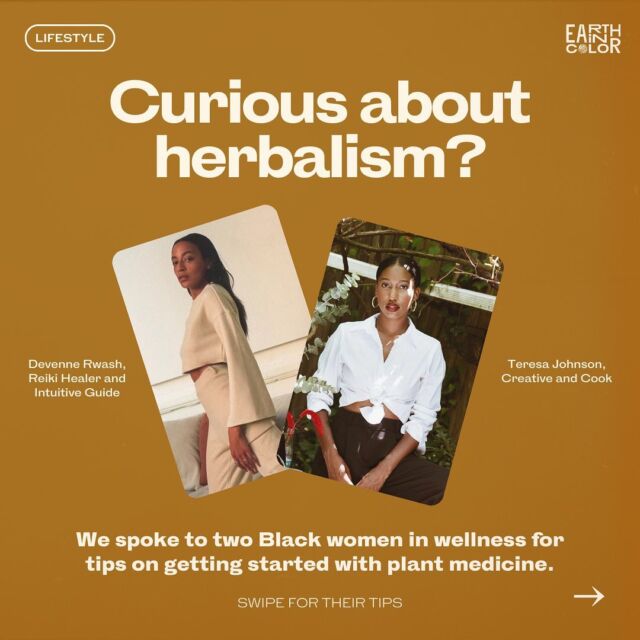
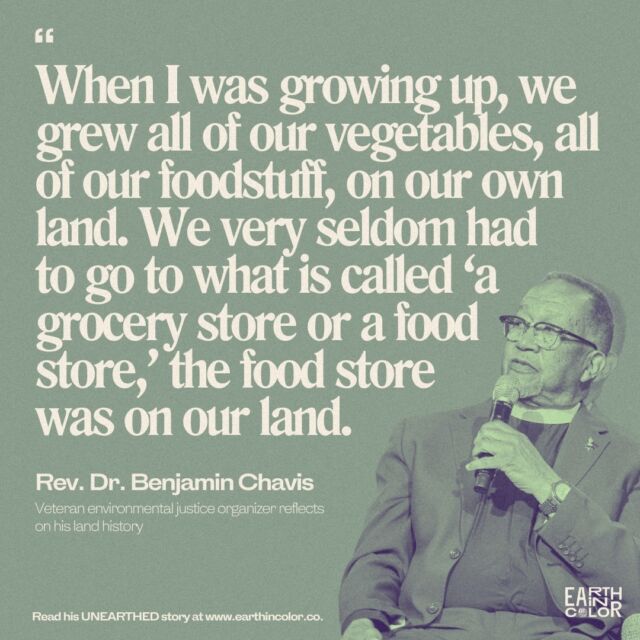
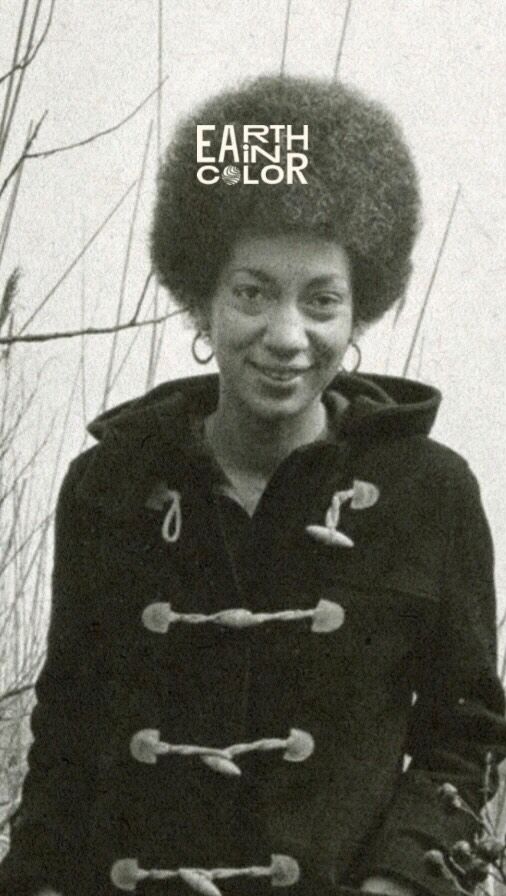
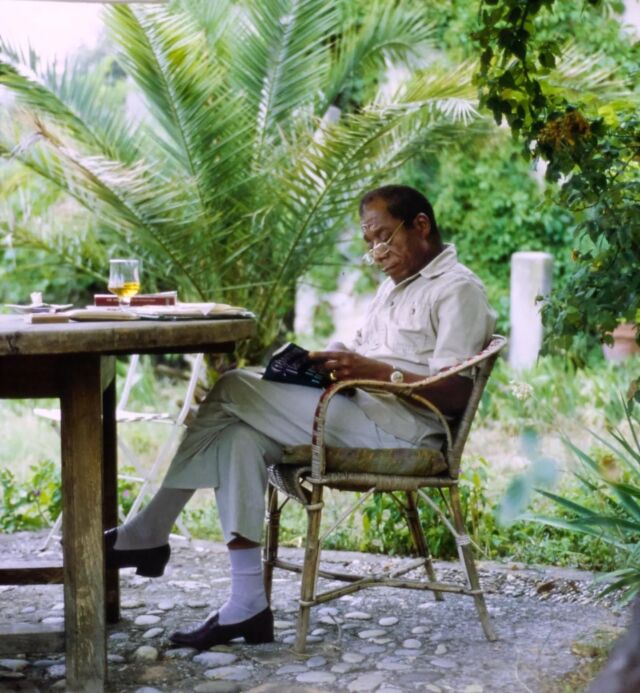
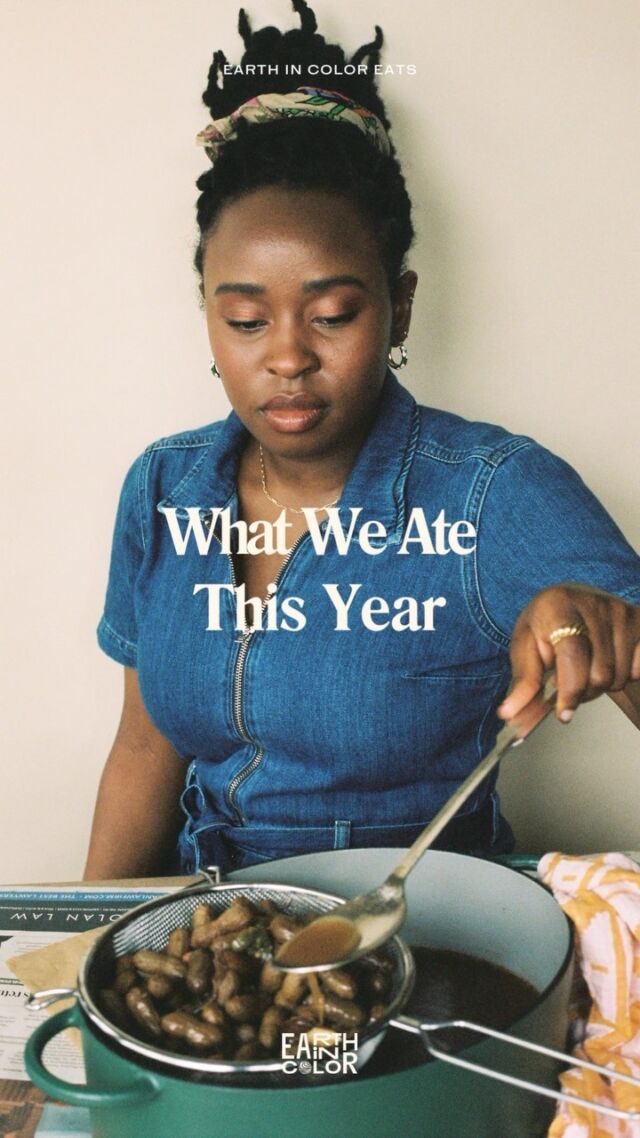


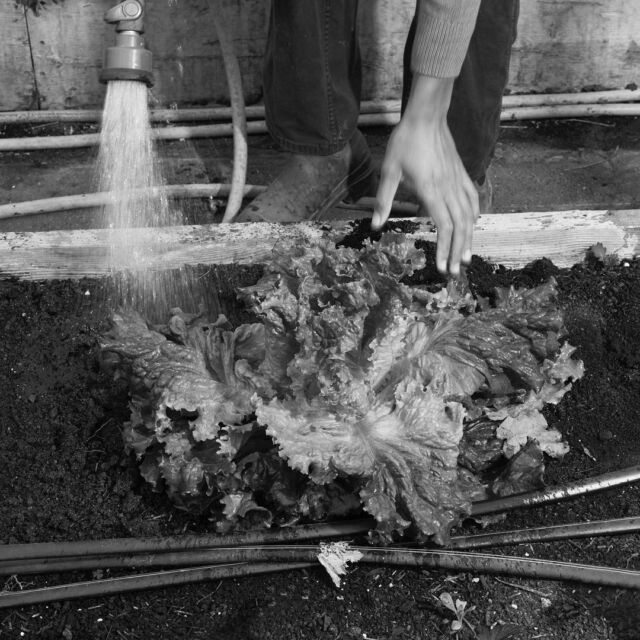


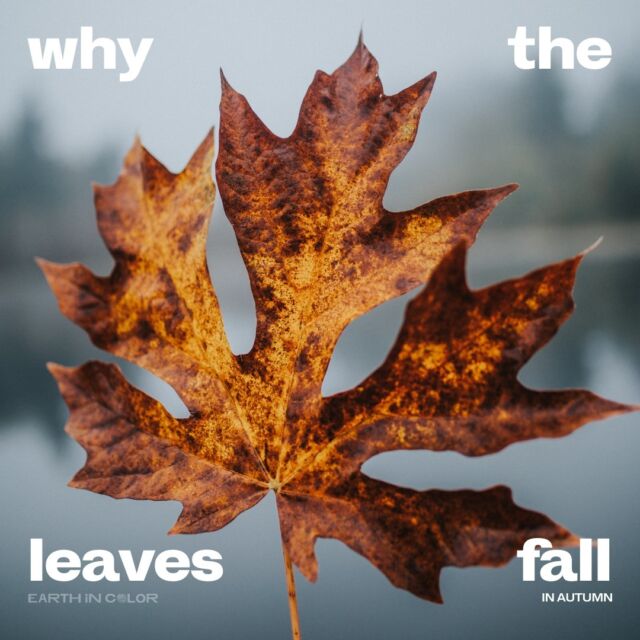
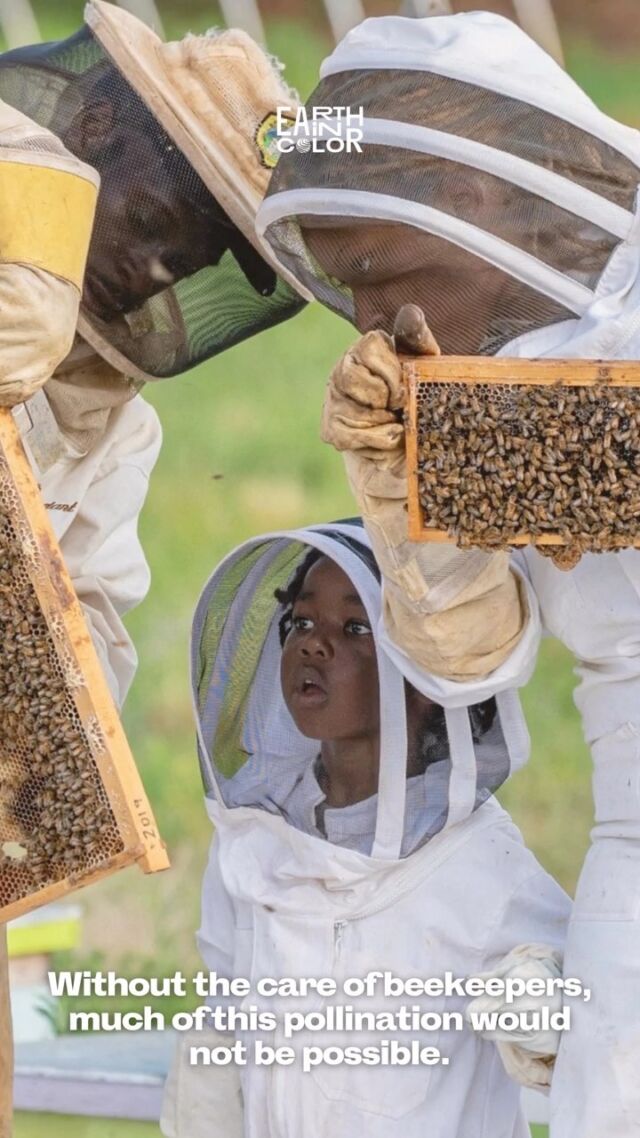
![Did you know you could be buying fake honey? 👀🍯
According to @detroithives co-founder Timothy Paule Jackson, “ninety percent of most honey that you get in big box stores is fake.” To make sure you’re getting the real stuff, he suggests checking out the nutrition label. Fake honey will have ingredients like “high fructose corn syrup, peach syrup, [and] it’ll have some type of sugar.” Avoid honey labeled as “pure” or “pasteurized,” and instead look for words like “raw” or “local.”
And with winter approaching, it’s the perfect time to stock up — not only is it full of vitamins and minerals, but real honey can also be used as a remedy for sore throats and coughs. Swipe to check out some of our favorite Black-owned bee farms and Black beekeepers selling the good stuff 🐝🍯](https://earthincolor.co/wp-content/uploads/sb-instagram-feed-images/314552686_126502226881255_7598404171432106028_nfull.jpg)
